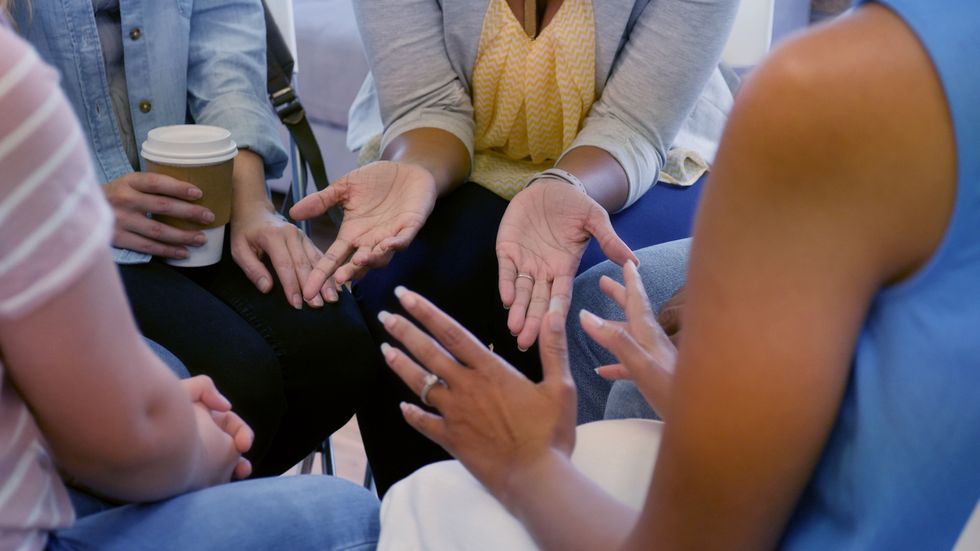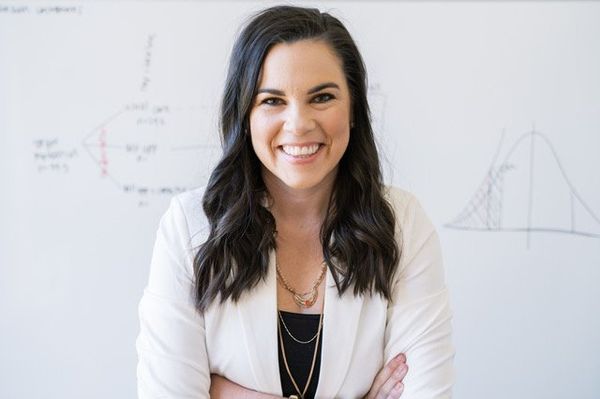By Barbara Brody
Whether you live in a bustling metropolis or a quiet rural area, chances are you've been touched by the opioid epidemic in some way—or you will be.
While many people can safely use prescription opioids, others end up addicted to them. In fact, most people who end up using heroin (an illegal opioid) started by using prescription opioids.
Women are more apt than men to suffer from chronic pain, which sometimes means using prescription opioids. Even if you never misuse opioids yourself, your spouse, child or other loved one might be struggling. As the likely gatekeeper for your family's health, it makes sense that you'd want to find the best resources available—or perhaps even join forces with others in your community to develop new ones. While traditional drug rehabilitation programs (both inpatient and outpatient) play an important role, novel ideas are transforming how communities across the country are tackling this problem from all angles.
Here's a look at a few unique approaches that are making a difference for women and families.
Starting prevention strategies early
Many parents worry about keeping their teens drug-free, and school-based early intervention programs seem to be an effective way of making that happen. Research funded by the National Institute on Drug Use found that seventh graders who participated in a LifeSkills Training (LST) prevention intervention program were substantially less likely to misuse opioids compared to children in control communities.
The LST program has been implemented in schools in many states. The LST Prescription Drug Abuse Prevention materials can be ordered online, so it's easy to get them for your local schools (with the support of your educators and administrators).
Stopping the addiction cycle
Substance abuse often runs in families due to both genetic and environmental factors. Camp Mariposa is a free program for children, ages 9 to 12, who have been impacted by a family member's substance abuse issues. Campers attend several weekend retreats a year, during which they spend time with mentors, learn mindfulness skills to cope with trauma and gain confidence while participating in fun activities.
There are currently 13 Camp Mariposa locations throughout the U.S., and the organization is open to expanding by partnering with additional mental health and youth support groups.
Women supporting women
The first national self-help addiction program created specifically for women, Women for Sobriety, can be used independently or in conjunction with other recovery programs. Weekly support groups are held across the U.S. and Canada. The organization also hosts an annual weekend retreat in June that features presentations on beginning sobriety, relapse prevention and overall health and wellness.
Coordinating care for pregnant women and new moms
Having a baby isn't easy; add an opioid use disorder to the mix and things get exponentially more complicated. The Moms in Recovery program at Dartmouth-Hitchcock aims to streamline care so that pregnant women and new moms with opioid use disorder can get prenatal and postpartum care as well as psychiatric counseling and medication-assisted treatment for opioid addiction under one roof. The outpatient program also features an on-site food pantry and diaper bank and access to a pediatrician who handles monthly child wellness checkups and gives babies and moms key immunizations.
Offering round-the-clock support
Opioid abuse disorder and problems with illegal drugs often go hand-in-hand, as heroin use among women doubled between 2003 and 2012. In Oregon, women who have been involved with the criminal justice system can get inpatient help at the Volunteers of America Oregon's Women's Residential Center in Multnomah County. Women live in transitional housing while participating in a program designed to prevent relapse and re-arrest. The program boasts a high success rate: Everyone who completes it moves to stable, sober housing, and most obtain solid employment or attend school afterward. Women who have children age 6 and younger can bring the kids with them to the facility.
Encouraging families to break the silence
Opioid use disorder doesn't happen in a vacuum, and those who have become addicted to opioids aren't the only ones who suffer. While family support groups abound—you can search for one near you at www.supportgroupproject.org—some Rhode Island residents have been working to heal and shatter the stigma by participating in a "therapeutic theatre production" through COAAST (Creating Outreach About Addiction Support Together). Participants rehearse and perform a short play, "Four Legs to Stand On," about the impact of opioid abuse on a family, then engage in a "talkback" session designed to get audience members to share how they have been touched by this epidemic.
Find Treatment Now If you or a loved one is struggling with opioid use disorder, ask your health care professional about local resources. Or visit one or more of the following sites to locate help in your area: hhs.gov/opioids/treatment |







